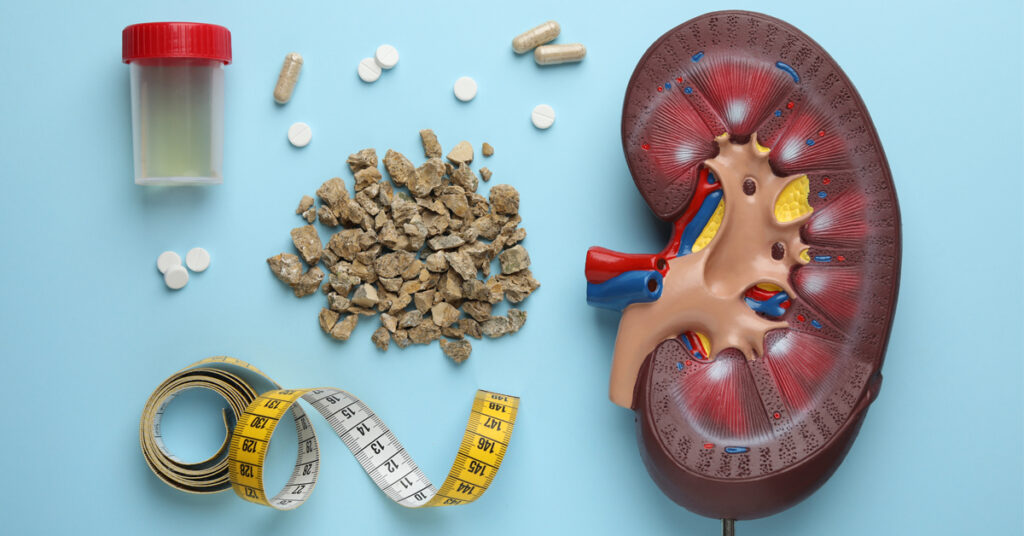
Kidney stones, also known as renal calculi, are hard mineral and salt deposits that form within the kidneys. These stones develop when substances like calcium, oxalate, and uric acid become concentrated in the urine, leading to crystallization. They vary in size and shape, ranging from tiny grains to larger stones that can obstruct the urinary tract. Kidney stones are a common urological condition and can cause significant discomfort, especially when they move through the urinary system.
The symptoms of kidney stones depend on their size, location, and whether they cause blockage or irritation. Common signs include severe pain in the back or side (often described as colicky pain), blood in the urine, nausea, vomiting, and a frequent urge to urinate. Pain may radiate to the lower abdomen or groin as the stone moves through the ureter. If an infection is present, symptoms like fever and chills may occur, requiring immediate medical attention.
Several factors contribute to the development of kidney stones, including dehydration, dietary habits, obesity, certain medical conditions (like hyperparathyroidism or gout), and genetic predisposition. Drinking insufficient water increases the concentration of minerals in the urine, creating an ideal environment for stone formation. Foods high in oxalate (e.g., spinach, nuts), excessive sodium intake, and high-protein diets can also elevate the risk of developing stones.
The treatment for kidney stones depends on their size and composition. Small stones often pass on their own with increased fluid intake and pain management. Larger stones may require medical interventions such as extracorporeal shock wave lithotripsy (ESWL), which uses sound waves to break the stones into smaller fragments, or ureteroscopy, where a scope is used to locate and remove the stones. In severe cases, surgery like percutaneous nephrolithotomy may be necessary to extract large or complex stones directly from the kidney.
Preventing kidney stones involves maintaining proper hydration, adopting a balanced diet, and managing underlying health conditions. Drinking plenty of water helps dilute the urine, reducing the risk of stone formation. Dietary modifications, such as limiting salt, reducing oxalate-rich foods, and ensuring adequate calcium intake, can also help. For individuals with recurrent stones, a healthcare provider may recommend medications to address specific risk factors or metabolic imbalances. Regular follow-ups and lifestyle adjustments are key to minimizing the likelihood of recurrence and maintaining kidney health.